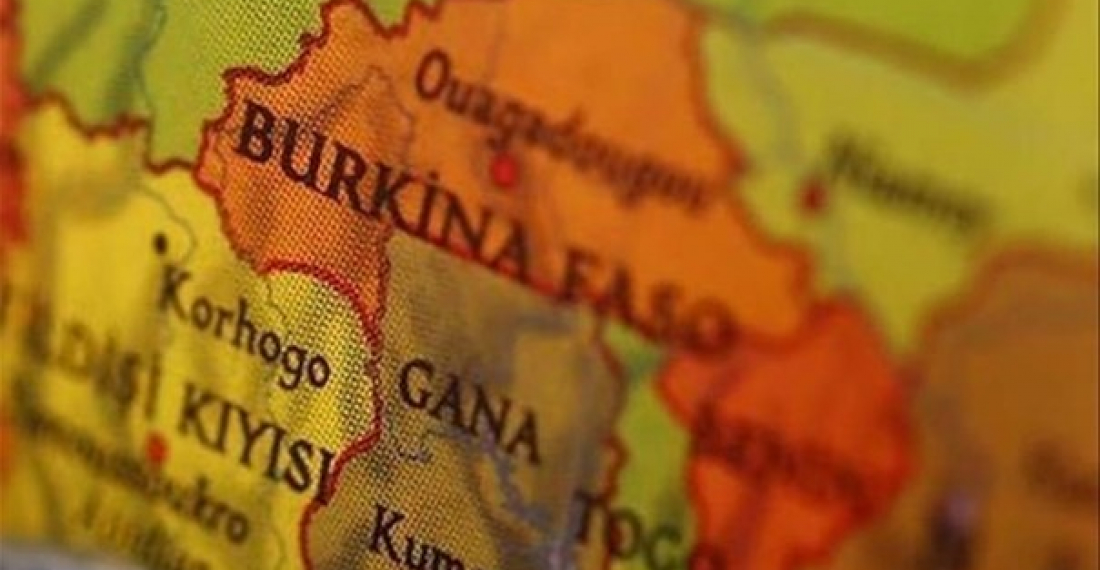At least eight people were killed by Islamist militants on Monday (14 March), while collecting water in northern Burkina Faso, bringing the total number of people killed in three days of violence in this area to over 30.
Terrorist attacks have been increasing both in terms of frequency and intensity in recent days. Last Saturday, nine illegal employees of a gold mine in the Oudalan province were killed in a jihadist assault. The next day, 15 people, including 13 from the Burkinabe armed forces, were killed by jihadist militants in the province of Namentaga.
For years now, armed groups affiliated with al-Qaeda and ISIL have sought to take control of a strip of arid land in the Liptako Gourma region, particularly strategic as it lies between the Malian, Burkinabe, and Nigerian borders.
The mayor of the stricken town of Arbinda told Reuters that the gunmen have been targeting water towers and pumps in recent weeks, in an apparent new tactic. By driving the local population away from the area, the terrorists could be considering settling there and blockading it.
Since 2015, Burkina Faso, specifically its northern and eastern regions, has faced a campaign of violence that has left over 2,000 people dead and forced more than 2 million to flee their homes.
This violence led to a feeling of insecurity and frustration among the Burkinabe population towards their political leaders, and the foreign military seen as supporting them. This culminated in the overthrow of President Roch Marc Kaboré at the end of January, who people felt had failed to curb the jihadist violence. The leader of the coup, Lieutenant Paul-Henri Damiba - officially leading the transition government until the next elections in 2025 - declared the fight against jihadism and the rebuilding of Burkina Faso his priority.
Sources: CommonSpace.eu with Reuters (London) and Al Jazeera (Doha) and other media outlets
Picture: Map of Burkina Faso and its neighbors; Twitter: @maliactu






